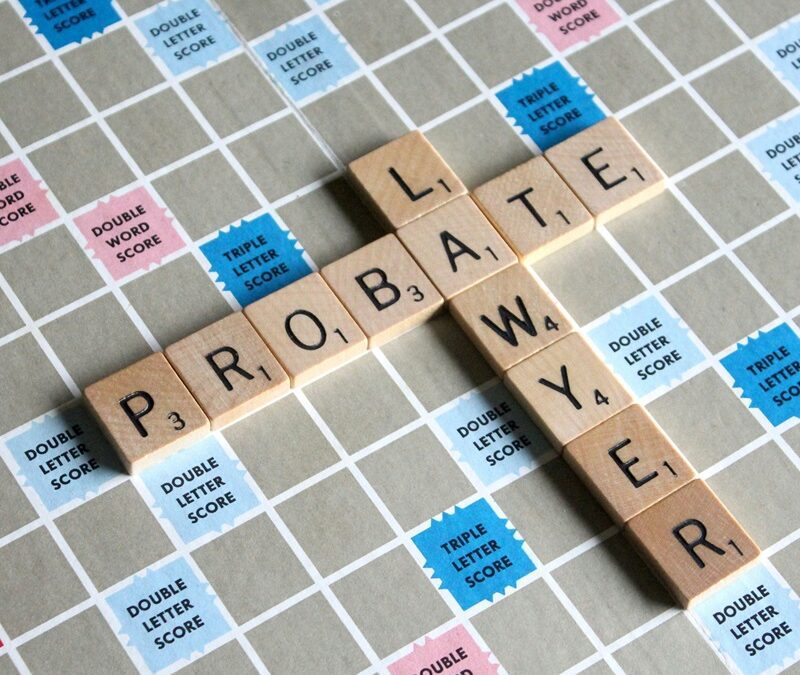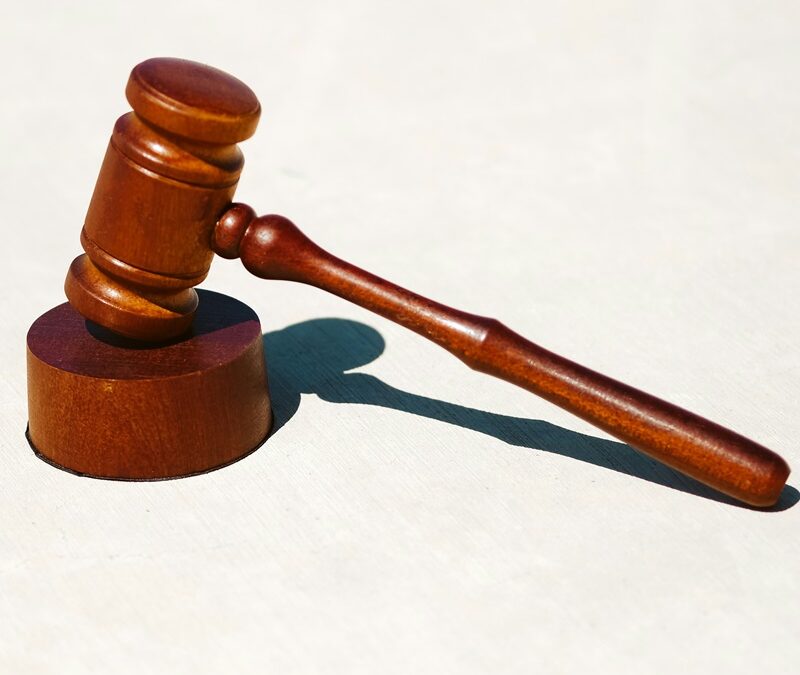A Guide To Resolving Board Disputes
A Guide To Resolving Board Disputes
A Guide To Resolving Board Disputes
A recent boardroom dispute has resulted in the collapse of a proposed merger between Edinburgh-based Capricorn Energy and Newmed (Israel’s leading energy partnership). In late January 2023, the chief executive, chair, and three directors of Capricorn Energy resigned with immediate effect amid a spat with activist investor Palliser Capital which passionately opposed the merger because it did not sufficiently compensate investors.
Tetchy relations in the boardroom can result in full-blown warfare between directors or directors and shareholders if not swiftly dealt with. Common causes of board disputes include:
- Personality clashes – certain people simply do not like each other and will disagree on everything from the colour of the office chairs to investing in specific areas of the business.
- Lack of experience – many become company directors by virtue of coming up with the business idea in the first place or being exceptionally skilled in their craft. A lack of business acumen and experience can become rapidly apparent as the business grows and shareholders and other directors join the venture, resulting in conflicts.
- Breach of directors’ duties – company directors must abide by several statutory duties, including those included in the Companies Act 2006.
- Deadlock – this occurs when 50% of the board votes one way and the other half votes for the opposite. The result is the status quo must remain, and no one is in control of the company for the purposes of making a decision.
Board disputes wreak havoc on business relationships and the company’s reputation, not to mention the stress levels of everyone involved. To avoid squabbles spinning out of control and hitting the media, as in the case of Capricorn Energy and Newmed, consider implementing the following:
A written code of conduct
This document defines the board’s duties and responsibilities, and how members must conduct themselves when making decisions, for example, listening to others, being on time for meetings, respecting roles and boundaries etc.. The Code should reference back to the directors’ statutory duties under the Companies Act 2006, as well as those concerning health and safety, data protection, and employment law. In addition, the Code may refer to the organisation’s mission, ethical standards, and values, providing further focus for the board concerning its decision-making processes.
Clear communication of directors’ duties
All directors should understand their statutory and regulatory (if applicable) duties and how they should be incorporated into their decision-making. The consequences of breaching directors’ duties should also be unambiguous. Retaining expert risk management and legal services can provide an advantage when it comes to avoiding board disputes – the board or an individual director will have access to professional advice if there are doubts about how a particular duty applies.
Board disputes resolution processes in the Articles of Association
A company’s Articles of Association (the Articles) define the rules and relationships that exist between the company, directors, and shareholders. When drafting your Articles (or modifying the model Articles) it is important to include board dispute resolution solutions such as providing the chair with a ‘casting vote’ in deadlock cases.
The Articles can also state the circumstances in which a dispute must be referred to alternative disputes resolution (ADR), for example mediation or conciliation. Going to court is expensive, time consuming, and stressful and should be avoided at all costs. Directing certain types of disputes to ADR usually results in a quick, cost-effective resolution, allowing matters to progress.
Also, don’t forget to add dispute resolution policies and procedures into the Shareholders’ Agreement and Director’s Service Agreement, covering matters that commonly cause disputes, such as succession planning, voting rights, each director’s responsibilities and hours of work, and remuneration.
Policies and procedures concerning the removal of a director
If all else fails you may have no choice but to remove a director to ensure the health of the company. If the Articles or Shareholders’ Agreement do not set out how to remove a director, you can ask them to resign in return for a severance package (commonly known as a golden handshake).
Should the director refuse to resign, under section 168 of the Companies Act 2006 they can be removed by ordinary resolution (requiring more than 50% of votes) at a meeting (note, a written resolution will not suffice). A Special Notice must be sent to the company at least 28 days before the meeting, tabling the removal of the director, who themselves must receive a copy of the notice. A board meeting must also be called to convene a general meeting of the shareholders.
At least 14 days before the general meeting, notice of the resolution to remove the director must be given to the shareholders. Written representations can be made by the director concerned and they have the right to speak at the meeting.
Removals under section 168 are notoriously risky as the director can make a claim for unfair dismissal. Therefore, it is better to incorporate policies and procedures on how to remove a director in the company’s Articles and Director’s Service Agreement.
Final words
Reducing the risk of disputes is all about preparation and planning. Ensuring your company documents include specific directions on how to resolve disputes and remove a director can save you hundreds of hours and thousands of pounds in legal wranglings. In addition, putting in place a Code of Conduct ensures board members understand not only what is expected of them in terms of behaviour, but also the values and ethics of the company, thereby minimising the risk of a dispute developing.
To find out more about any matters discussed in this article, please email us at info@43legal.com or phone 0121 249 2400.
Please note that this article does not constitute legal advice.











